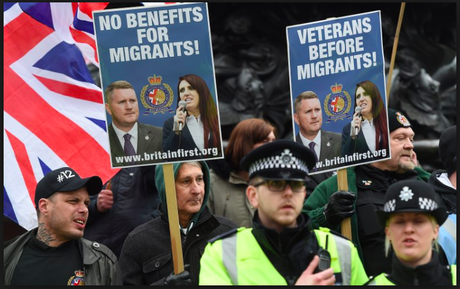|
By Hadas Aron & Emily Holland The shocking decision by British citizens to leave the European Union is the latest example of events in Europe that raise comparisons to the tragic interwar period. Indeed, the combination of the 2008 financial crisis and the surge of migration from conflict areas has ushered in surge of far right populism, polarization, economic protectionism and xenophobia. But while it seems we are entering a period of deep civilizational strife, are we really doomed to repeat history? Here are a few points of comparison and contrast between the dark interwar years and our own gloomy epoch.
Despite Brexit, it is clear that there are some major differences between the interwar period and the current troubling atmosphere. However, like the interwar period, we are faced with the challenges of xenophobia, populism, nationalism and the prevailing atmosphere of fear. How we respond to them will be the crucial test that puts the West on a path to recovery or collapse.
4 Comments
|

 RSS Feed
RSS Feed